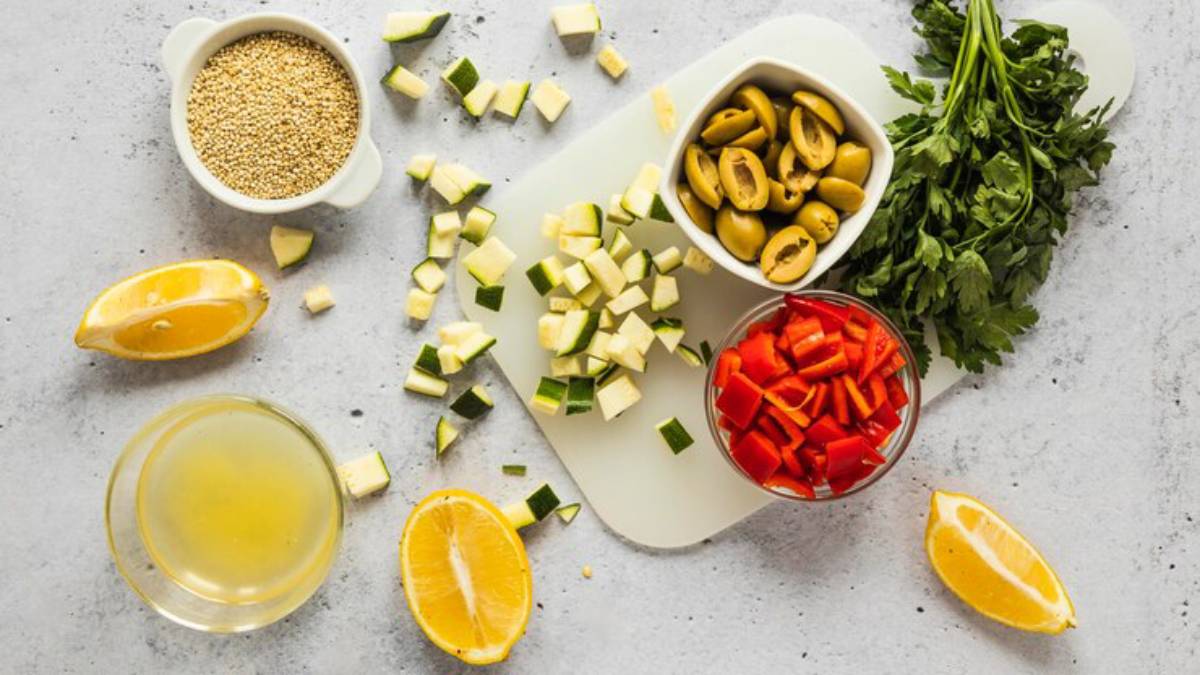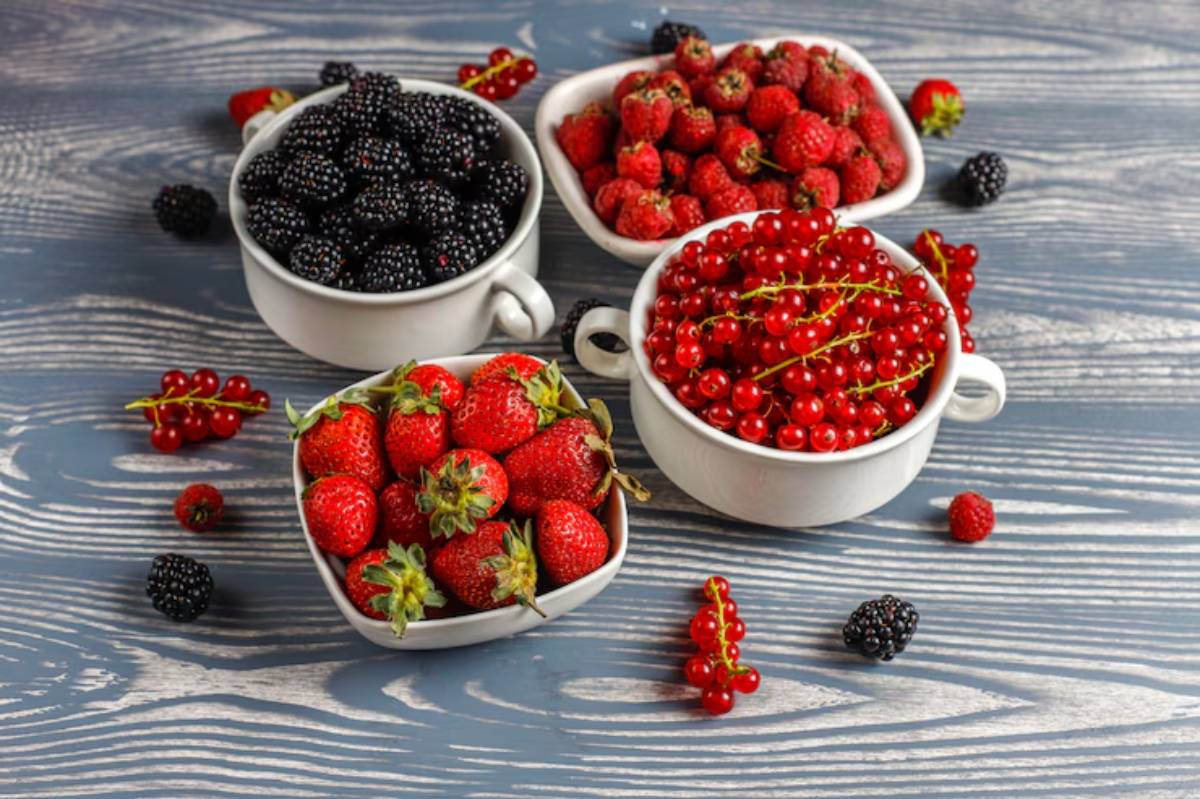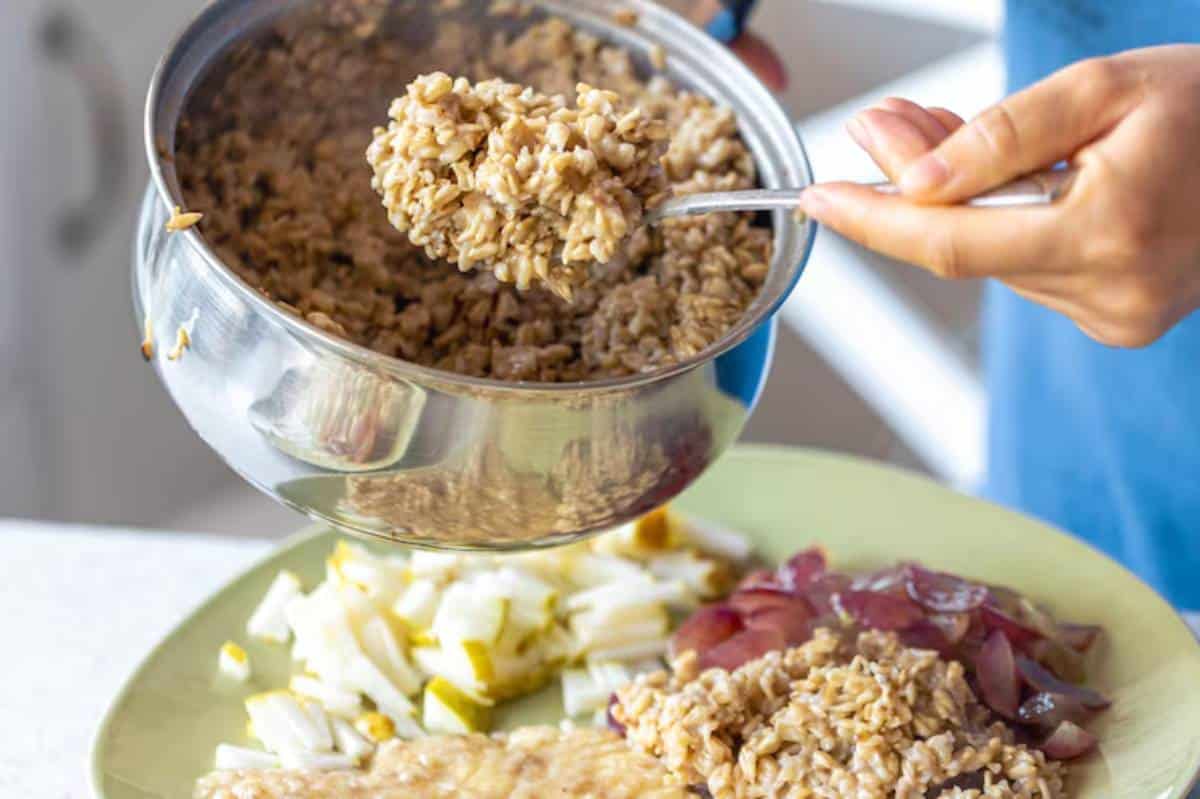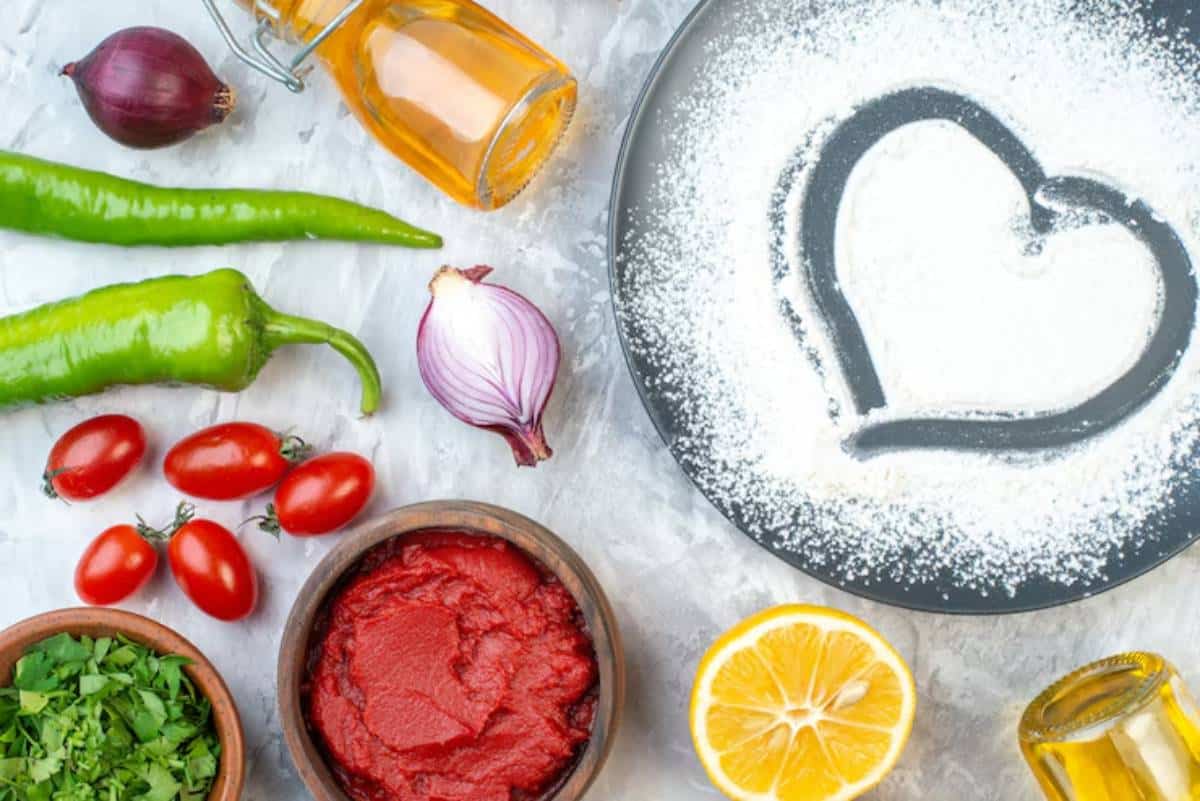
Top Anti-Inflammatory Mediterranean Ingredients
Ever woken up with aching joints or battled a mid-afternoon slump that just wouldn’t shift? While it’s easy to blame age or stress, chronic inflammation might be quietly at work beneath the surface. But what if the solution wasn’t found in a pill bottle, but on your plate?
The Mediterranean diet is renowned for protective effects against disease. The secret is powerful anti-inflammatory components. Golden olive oil, ruby-colored tomatoes and crunchy walnuts are essential parts of the eating style. They are protective against inflammation and conducive to a healthy body.
In this article, we will look at the top anti-inflammatory ingredients in the Mediterranean. We’ll be posting science, useful tips, personal stories and tasty ideas. So if you’re ailing or just trying to feel good, these healing substances might be able to really boost your daily well-being.
What is Inflammation and Why Does It Matter?
Understanding the Basics
Inflammation is your body’s natural defence system. It helps fight infections and heal injuries. But when it becomes chronic, it can silently damage tissues and organs over time.
Chronic Inflammation: The Hidden Culprit
Linked to a range of conditions like:
- Heart disease
- Type 2 diabetes
- Arthritis
- Cognitive decline
- Autoimmune disorders
Chronic inflammation often stems from lifestyle factors like poor diet, stress, smoking, and lack of exercise.
The Mediterranean Diet: A Natural Anti-Inflammatory Approach
Why It Works
Unlike trendy detoxes or fad diets, the Mediterranean approach is:
- Balanced: Emphasising variety over restriction
- Whole-food focused: Minimally processed and nutrient-dense
- Rich in healthy fats, fibre, and phytonutrients

Top Anti-Inflammatory Mediterranean Ingredients
Let’s dive into the stars of the Mediterranean table that help cool inflammation naturally.
1. Extra Virgin Olive Oil
- Why it’s powerful: High in oleocanthal, a compound with ibuprofen-like properties.
- Scientific backing: Research in Nature found that olive oil reduces markers of inflammation in as little as two weeks.
- How to use it: Drizzle over roasted vegetables, mix into dips, or dress salads.
2. Tomatoes
- Key compound: Lycopene, a potent antioxidant.
- Boost effect: Cooked tomatoes (like in sauces) increase lycopene absorption.
- Meal tip: Make a classic tomato-based pasta sauce with garlic, onions, and basil.
3. Leafy Greens (Spinach, Kale, Swiss Chard)
- Nutrients: Vitamin K, magnesium, folate.
- Health benefit: Supports cellular repair and immune function.
- Cooking tip: Sauté in olive oil with garlic and a squeeze of lemon.
4. Fatty Fish (Salmon, Sardines, Mackerel)
- Inflammation fighter: Omega-3 fatty acids (EPA and DHA)
- Study insight: Omega-3s reduce pro-inflammatory eicosanoids and cytokines.
- How to enjoy: Grilled with herbs or mixed into a Mediterranean seafood pasta.
5. Nuts (Walnuts, Almonds, Hazelnuts)
- Nutrients: Alpha-linolenic acid (ALA), vitamin E, polyphenols.
- Heart and brain friendly: Shown to reduce CRP levels.
- Snack idea: A small handful as a mid-morning pick-me-up or tossed over yoghurt.
6. Legumes (Lentils, Chickpeas, Beans)
- Rich in: Fibre, plant-based protein, and antioxidants.
- Why it matters: Fibre feeds good gut bacteria, reducing systemic inflammation.
- Dish inspiration: Make a warm lentil salad with red onions, parsley, and olive oil.
7. Whole Grains (Barley, Bulgur, Farro)
- Fibre boost: Helps stabilise blood sugar and reduce insulin-related inflammation.
- Versatile: Use as a base for grain bowls, salads, or soups.
8. Garlic and Onions
- Key compounds: Allicin and quercetin
- What they do: Lower inflammation and boost immunity
- Quick tip: Add chopped garlic to dressings or sauté onions as a base for stews.
9. Fresh Herbs (Basil, Oregano, Rosemary, Parsley)
- Power-packed: Loaded with flavonoids and oils that reduce oxidative stress
- Usage ideas: Blend into pesto, garnish dishes, or brew as herbal tea

10. Berries (Strawberries, Blueberries, Raspberries)
- Anthocyanins: Responsible for their vibrant colour and anti-inflammatory properties
- Great for: Smoothies, parfaits, or simply as dessert
Everyday Anti-Inflammatory Eating
- Plan ahead: Batch cook grains and legumes for the week
- Swap smart: Replace processed snacks with nuts or fruit
- Stay seasonal: Choose fresh, local produce when possible
- Hydrate well: Herbal teas and water over sugary drinks
- Slow down: Mindful eating enhances digestion and enjoyment
The Research Backs It Up
Studies consistently highlight the benefits:
- Harvard School of Public Health: The Mediterranean diet can cut the risk of chronic disease by as much as 30%.
- British Journal of Nutrition: Olive oil and fish significantly reduce inflammatory markers
- PREDIMED trial: This is one of the largest studies. It shows a big drop in inflammatory markers, such as CRP and IL-6.
Debunking Common Myths
Myth 1: It’s hard to follow if you’re a vegetarian.
Truth: Legumes, grains, vegetables, nuts, and dairy offer ample variety.
Myth 2: It requires rare or expensive foods.
Truth: Many staples like beans, tinned fish, and grains are affordable.
Myth 3: You have to eat perfectly.
Truth: It’s about balance, not perfection.
Conclusion: Add a Little Mediterranean Magic to Your Plate
Combatting inflammation doesn’t need to be daunting. With the Mediterranean diet, you can savour the rich, flavorful foods of the Mediterranean while supporting your health naturally.
That way, you can tip the president from within, using anti-inflammatory ingredients like olive oil, tomatoes, greens, fish, and legumes to fuel your body and ward off disease from the inside out. It’s not a diet of deprivation – it’s a love affair with the food that loves you back.


